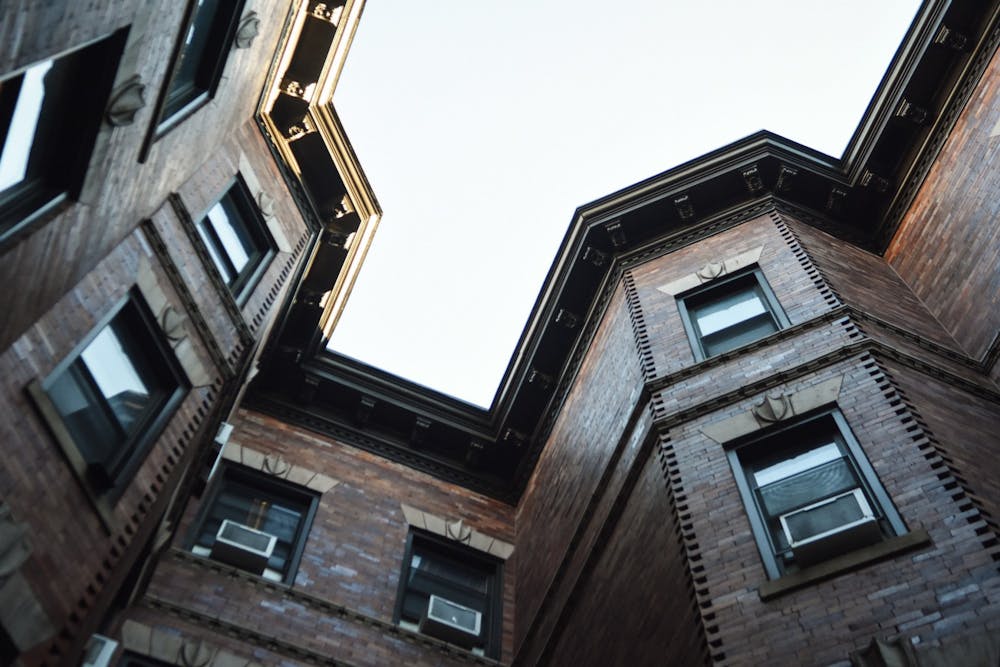
Penn students have been navigating a global pandemic over the course of the past few days, fighting for their safety with unclear guidelines from the University that have left students frustrated and afraid. While it is unreasonable to expect Penn to have all of the answers during an international crisis, administrators’ methods of pushing students off campus have been unacceptable.
Penn was right to move to remote classes for the remainder of the spring semester. The coronavirus outbreak poses a threat to the country and the world, making it necessary to practice social distancing in order to temper the effects of the virus. The University’s approach to handling the situation, however, has been deeply flawed. Administrators waited longer than peer institutions to announce their decision, giving students limited time to vacate campus while many were away on spring break. Most recently, Provost Wendell Pritchett sent an email to Penn parents, urging off-campus residents to go home and asserting that the University has been in contact with off-campus landlords to facilitate move-out. This was a shift from the University’s earlier communications, which focused exclusively on students who live on campus.
Following Pritchett’s email, both Campus Apartments and The Radian, two of the largest off-campus landlords, said they haven't heard from the University about moving their tenants out. The Radian also asserted that Penn has no right to tell their tenants to leave, and expressed surprise at the University’s announcement. The building’s general manager, Kayla Hoffman, sent an email to tenants this morning with the subject line “Important update: It’s your home,” promising residents they would not be evicted.
"This is your home and you are welcome to stay. No one at the University has a right to require you to leave your apartment, or to move out of University City or Philadelphia," Hoffman wrote. "The Radian remains fully open and accessible, both for Penn students and all of our residents."
It is concerning and unethical that an educational institution is spreading misinformation about its own policies, claiming it has expected off-campus students to leave, and lying about administrators working with landlords. Contacting parents instead of students was inappropriate, and appeared as an effort to fearmonger so parents force their children to leave. The University has neglected to acknowledge that Penn students are all autonomous adults and in many cases, it is unsafe for students to return to their homes.
Some Penn students fear returning home could put immunocompromised or elderly family members at risk. Others are international students unable to reenter home countries under lockdown. Some may have no home to return to other than their off-campus apartments. Many students are weighing difficult decisions whether to remain in Philadelphia or not, and they deserve support and trust from the University rather than fearmongering.
Beyond Pritchett’s email, Penn has also turned a blind eye to the implications of closing campus for students from low-income backgrounds, international students, or those who come from abusive homes. Two days before the required move out date, the University rejected many applications to remain on campus, leaving students without anywhere to go.
“I feel like a lot of trust has been broken, because now I feel like I can't trust whatever the University is telling me. I have to constantly second guess what they're saying and make a plan B and C,” Wharton sophomore and international student Linda Wang said.
At such a frightening time of global uncertainty, Penn owes its students loyalty and protection. The University should be working together with students to ensure the safety of the Penn community. Instead, Penn has inappropriately attempted fearmongering and has given students and their families unclear information that puts members of the University community in a dangerous position. We are not asking Penn to determine a solution to a global pandemic. Instead, we demand the honesty and integrity that we expect of a world-class academic institution.
Editorials represent the majority view of members of The Daily Pennsylvanian, Inc. Editorial Board, which meets regularly to discuss issues relevant to Penn's campus. Participants in these meetings are not involved in the reporting of articles on related topics.
The Daily Pennsylvanian is an independent, student-run newspaper. Please consider making a donation to support the coverage that shapes the University. Your generosity ensures a future of strong journalism at Penn.
Donate



